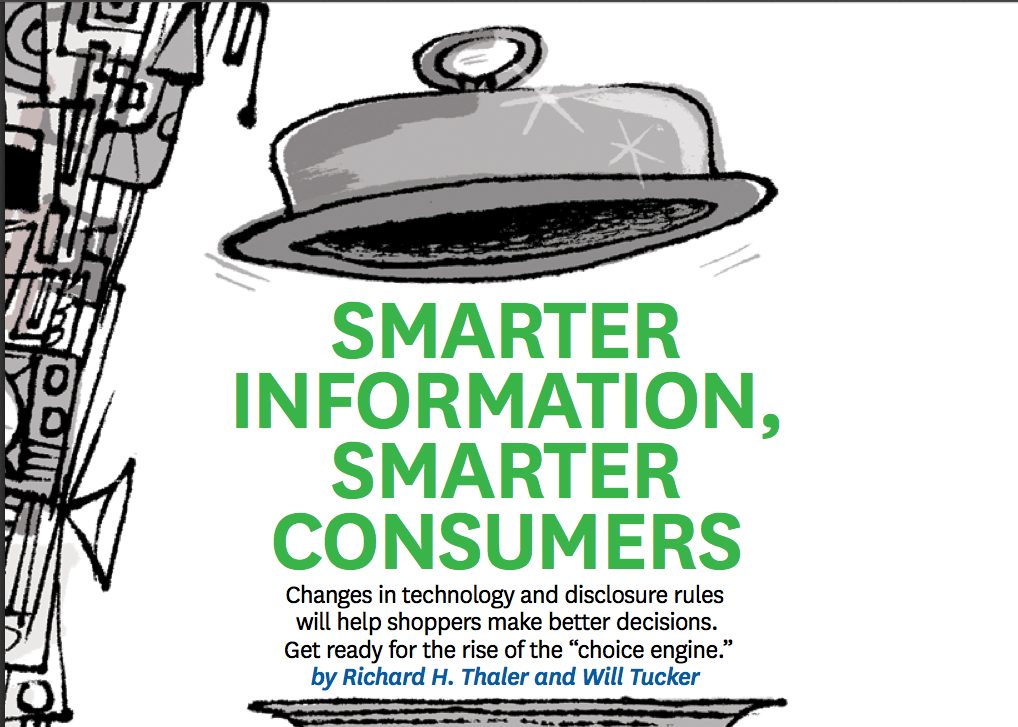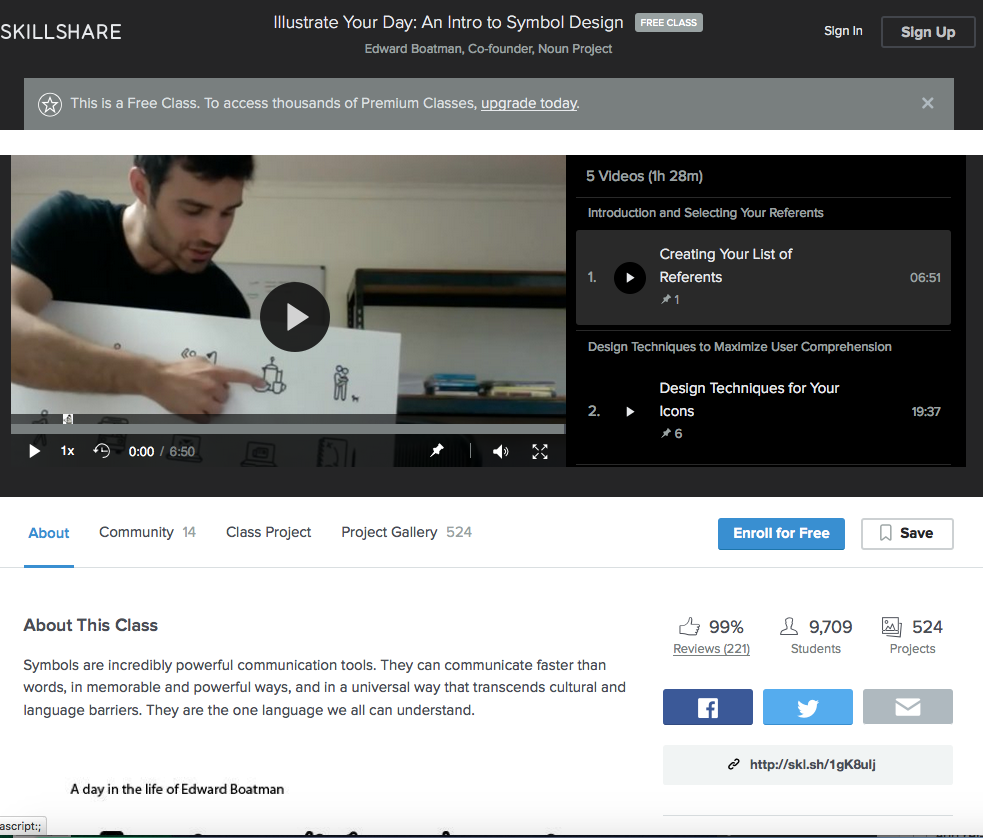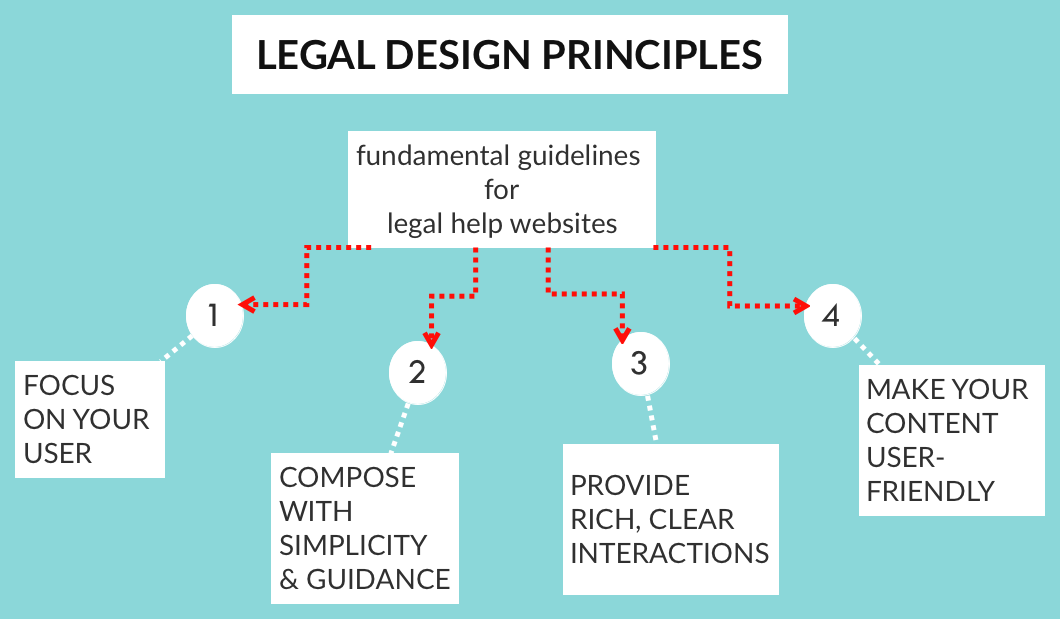
A 2013 article from behavioral economist Richard Thaler & Will Tucker called Smarter Information, Smarter Consumers on Harvard Business Review profiles the need for better choice architecture and design. The point is that disclosure is not sufficient, there needs to be more thoughtful and guided presentation of options (and nudges towards wiser choices).
Disclosures far wordier and more complex than our soy-cheese warning are an everyday part of life for citizens and consumers in the world’s wealthier countries—especially in the fine-print-strangled United States. We are constantly confronted with information that is highly important but extremely hard to navigate or understand. Repeated attempts to improve disclosure, including efforts to translate complex contracts into “plain English,” have met with only modest success. This is not a reflection of the talent or effort of those trying to implement such changes. Rather, it indicates the fundamental difficulty of explaining anything complex in simple terms. Most people find it difficult to write instructions explaining how to tie a pair of shoelaces. Try it yourself and see.
We believe, though, that a potent mix of modern technology and new government policy is about to transform disclosure—and with it the workings of many parts of the economy. Increasingly, government-owned data and private-company disclosures will be made available in machine-readable formats, spurring the growth of new services we call “choice engines”—technologies that interpret this data.
For businesses, this can be both a threat and a huge opportunity. Firms that gain market share through deception and obfuscation—or just by taking advantage of consumer laziness—may lose out as better disclosure makes markets more efficient. Firms that are providing high-value products at reasonable prices should thrive. The biggest winners will be those that build products and services using the vast new data resources—in particular, choice engines that help consumers make better decisions.


